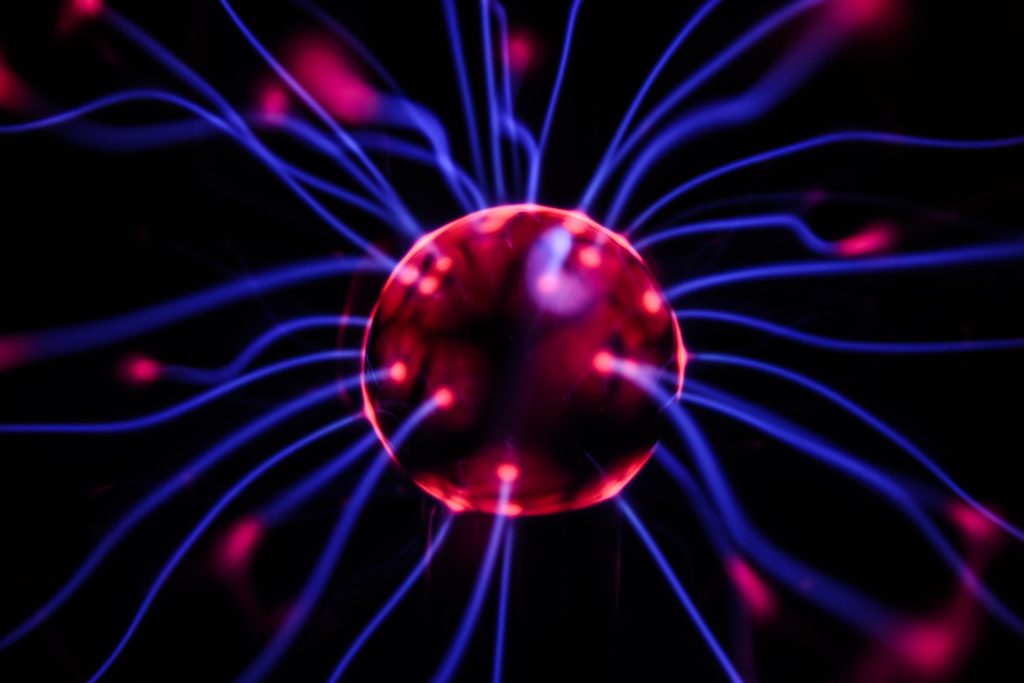Simply put: opioids affect the mind and body through a person’s opioid system.
The human body produces its own endogenous opioids, which act like hormones that activate the opioid receptors in the brain as part of our natural response to pain or other stimuli. When someone gets exogenous opioids (from outside the body), the drugs activate this same system, and over time can change how the body responds to pain and pleasure. Since opioid receptors are a part of the process which rewards any pleasurable and potentially addictive activity including eating, gambling or sex, opioids can cause addiction as well. Read on to learn about the function of opioid receptors when taking drugs.
How Do Opioid Receptors Work?
Opioid receptors on your nerve cells activate when they come in contact with opioids. Your body creates its own opioids, known as endogenous opioids, which acts on these receptors. You may already know about one of these endogenous opioids: endorphins. When an opioid activates a receptor, it sends signals to you brain that control feelings of reward and pain. This is why doctors may prescribe opioids to manage pain when it becomes severe enough to cause discomfort.
Opioid receptors exist in the following parts of the body:
- Immune cells
- Pituitary gland
- Skin
- Gastrointestinal tract (GI)
Since opioid receptors appear so commonly throughout the body, they can control many bodily functions.
What Types of Opioid Receptors Exist?
The human body has three kinds of opioid receptors:
- Mu: Mu opioid receptors are linked to mood, pain and reward triggers. Opioids that activate the mu receptor can cause pain relief, mood changes, physical dependence and respiratory changes. Most opioid drugs function primarily as mu agonists, meaning that they activate the mu receptor.
- Delta: The delta opioid receptor seems to have a connection to mood. Previous research shows that blocking the delta receptor causes anxiety and depression in mice. This could mean that the delta receptor has a role to play in regulating a person’s mood.
- Kappa: Some opioid drugs also activate the kappa opioid receptors. The kappa receptor seems to affect mood and reward responses. Opioids that activate the kappa receptor also have a history of causing pain relief, dysphoria and an increase in urination.
Most research we have on opioid receptors and opioid drugs relates to the mu receptor. Since many opioid medications activate the mu receptor, researchers want to understand their connection.
How Do Drugs Impact Opioid Receptors in the Brain?
Recent research suggests that opioid drugs affect receptors differently than endogenous opioids. Endogenous opioids activate opioid receptors on the surface of nerve cells and the insides of the cells. Opioid drugs, on the other hand, activate receptors in these locations and additional parts of the cell. They interact with the receptors in structures known as the Golgi apparatus and Golgi outposts. Researchers think that their activation in these parts of the cell could cause the side effects associated with opioid drugs.
Learn More About Opioids or Get Help From Health Care Resource Centers
Health Care Resource Centers (HCRC) helps patients, loved ones and advocates learn about opioid addiction and find recovery. Discover more information about opioids and addiction by visiting our blog page. If you have an addiction to opioids, contact HCRC to schedule an appointment in New England.




